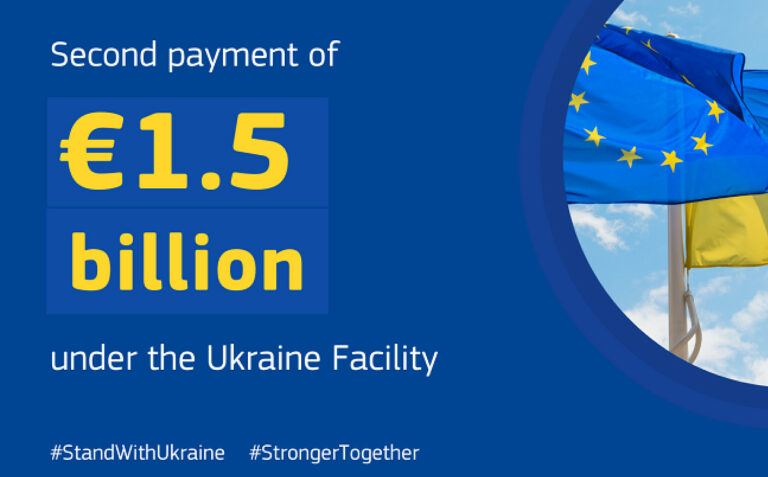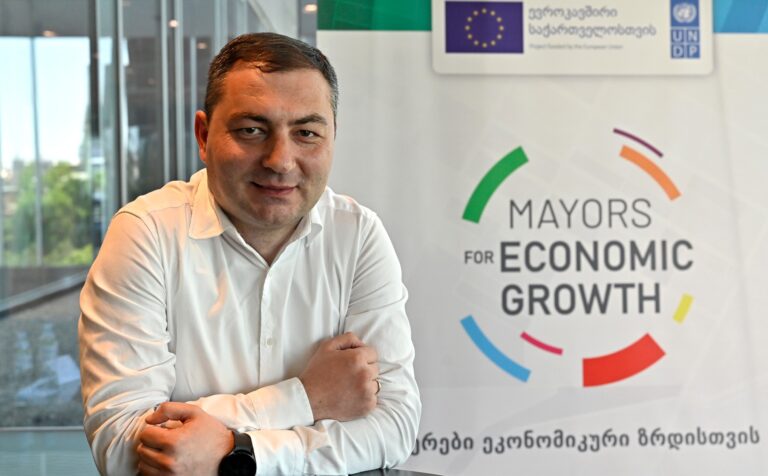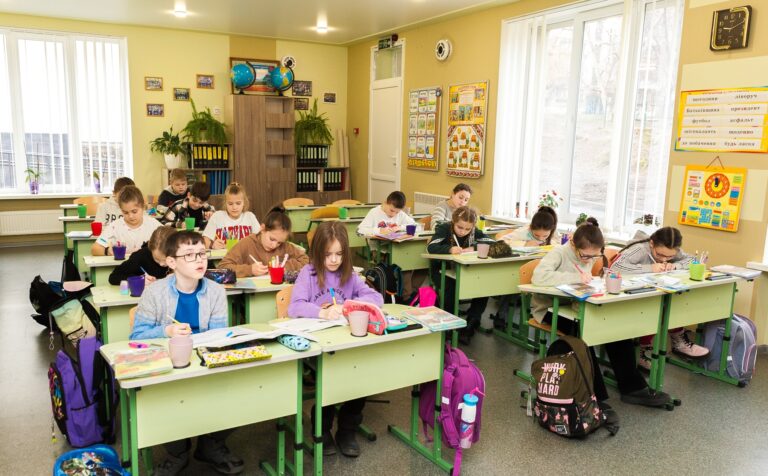
EU4Youth promotes recognition and validation of skills acquired through informal and non-formal learning in Eastern Partnership
On 12 October, representatives of the European Commission, European Training Foundation, SALTO Eastern Europe and Caucasus Resource Centre, SALTO Training & Cooperation Resource Centre, CoE-EU Youth Partnership Programme, different EU-funded Projects, discussed the promotion of the Youthpass as a one of tools for recognition and validation that helps to document acquired competences. One of the focuses of the meeting was the possibilities to expand this concept to the EaP countries to provide opportunities for young people in recognition of their skills gained through volunteering and community work for future employment. The meeting was organised during the EU4YOUTH DAYS.
Learning to learn has become more and more important recent years, especially during the pandemic, which forced to change the attitude to the learning methods. Online studies, independent individual learning, less formal guidance require new skills and abilities to manage all this processes, including the validation of the knowledge acquired.
Thomas Hainlen, Team Leader of EU4Youth: Youth Employment and Entrepreneurship programme’s technical assistance component, in his welcome address to the participants of this first meeting on validation and certification of non-formal and informal learning in EaP, highlighted, that this topic is one of the working packages of the Programme, which is focusing on economic aspects of youth employment and entrepreneurship. “Today one of the challenges in labour market, both for employees and employers, is the growing mismatch of skills. We are very much focused on providing effective instruments for young people entering labour market to prove their competences and skills acquired. On the other hand, we strive to support employers in evaluating those skills based on validated tools,” said Hainlen.
Most countries in Europe have systems in place to validate the learning acquired in non-formal and informal contexts. However, it may not always be evident that also the competences developed in youth work contexts are relevant for such validation systems. It is important to increase the visibility of the value of non-formal and informal learning in youth work and volunteering. This issue is also relevant in EaP countries, which face huge challenges of youth employment.
Iwona Ganko, representative of the European Training Foundation (ETF) presented changed business environment with new business models, growing self-employment, remote work, freelancing, new work types and contractual agreements (traineeship contracts volunteering, service contracts, informal employment), which significantly changes labour market set-up. “In this new business and labour market environment with lots of non-conventional new forms of interaction between participants, an issue of recognition of work experience and skills acquired, becomes evident because of the lack of effective instruments of validation of experience and skills,” noted Ganko.
Maria Rosenstock, representative of the European Training Foundation (ETF) overviewed the development of validation and certification of non-formal and informal learning in the EU countries, which was fostered by the 2012 Council Recommendation on the validation of non-formal and informal learning. Recent years, this experience was promoted in other European countries and particular steps were taken to introduce an effective system of validation of non-formal and informal learning in the EaP. “In 2021 an inventory of validation of non-formal and informal learning in several EaP countries: Azerbaijan, Georgia, Moldova, Ukraine, was performed. On the basis of this exercise, we have indicated main challenges to be targeted in every country, issues to be further discussed and good practices to follow,” mentioned Rosenstock.
Kristiina Pernits, representative of SALTO Training & Cooperation Resource Centre, introduced the development process of the Youthpass and perspectives of its spread in the EaP region. “This important instrument has been developed by SALTO Training and Cooperation Resource Centre together with the European Commission and the National Agencies for the EU youth programmes. By putting all stakeholders, participating in youth employment policies: young people in learning process, youth employers, trainers, youth organisations, SALTO, national agencies, and EU authorities, in one system we come to the youth career opportunities with an integrated approach. Now we have to develop these opportunities further with the perspective of tackling both common European and specific EaP countries challenges,” emphasized Pernits.
Lenka Zdrahalova, DG Education, Youth, Sport and Culture, emphasized the role of informal and non-formal learning in the EU programmes in the field of youth. “Learning as the key value for future career of young people has become an important part of youth employment policies agenda. Youthpass is the inherent instrument for the implementation of this agenda. It contributes to the implementation of policy processes to improve the quality and impact of youth work and non-formal and informal learning in Europe,” concluded Zdrahalova.
The meeting was finalised by the joint discussion of all participants on the possible and needed steps to promote the further implementation of Youthpass in the EaP region. The important outcome of these discussions is the draft roadmap for further steps that need to be taken by all relevant counterparts.
The EU4Youth Phase III Youth Employment and Entrepreneurship programme is co-financed by the European Union and the Ministry of Foreign Affairs of Lithuania. The initiative is implemented by the Central Project Management Agency (CPMA) in Eastern Partnership countries (Armenia, Azerbaijan, Belarus, Georgia, Moldova, and Ukraine) until the end of 2024 and comprises technical assistance activities to support organisational structures and institutions (governmental and non-governmental) addressing youth employment and employability.
Find out more
MOST READ
RELATED PROJECTS
SEE ALSO

European Commission disburses additional €1.5 billion in bridge financing to Ukraine

Azerbaijan launches first renewables auction

EU and UNDP launch Academy for Financial and Investment Readiness for Georgian municipalities

EU4DigitalUA: EU presents results of project supporting Ukraine’s digital transformation

Kamianske school in Ukraine reopens after EIB-supported reconstruction
More campaign pages:
Interested in the latest news and opportunities?
This website is managed by the EU-funded Regional Communication Programme for the Eastern Neighbourhood ('EU NEIGHBOURS east’), which complements and supports the communication of the Delegations of the European Union in the Eastern partner countries, and works under the guidance of the European Commission’s Directorate-General for Neighbourhood Policy and Enlargement Negotiations, and the European External Action Service. EU NEIGHBOURS east is implemented by a GOPA PACE-led consortium. It is part of the larger Neighbourhood Communication Programme (2020-2024) for the EU's Eastern and Southern Neighbourhood, which also includes 'EU NEIGHBOURS south’ project that runs the EU Neighbours portal.

The information on this site is subject to a Disclaimer and Protection of personal data. © European Union,








